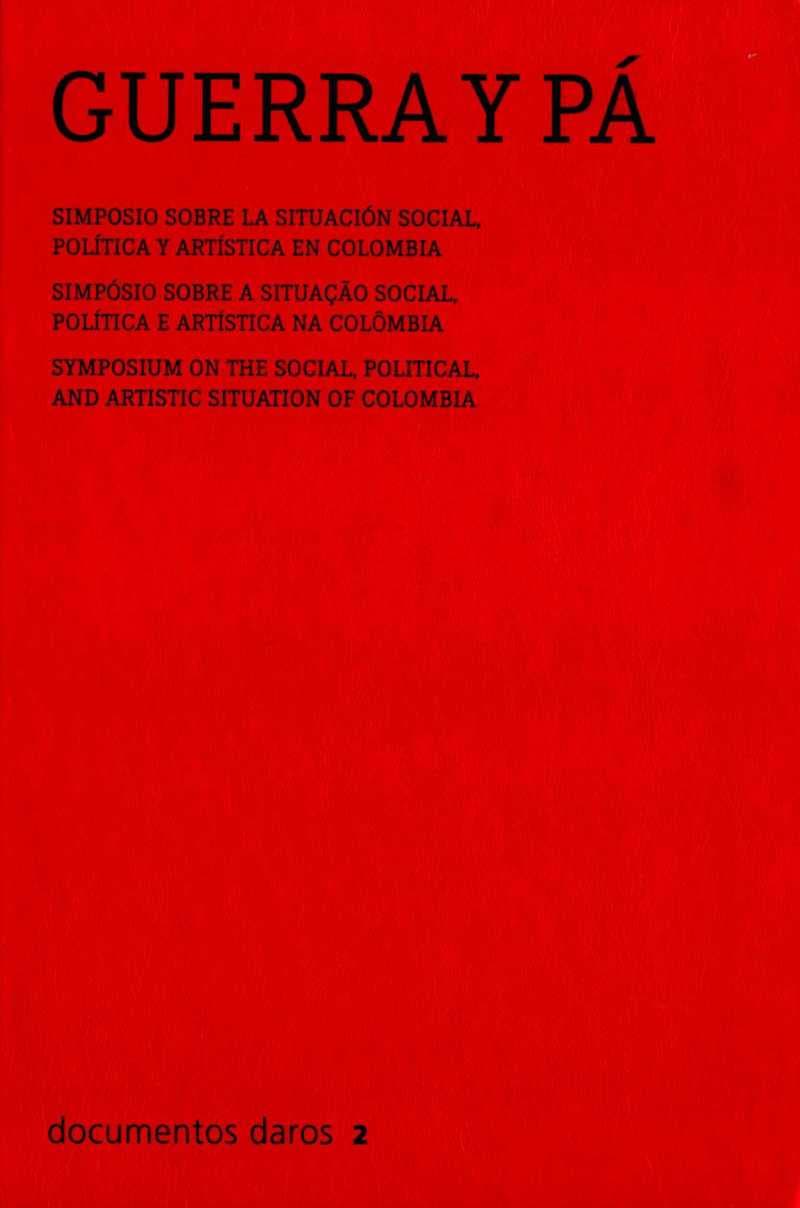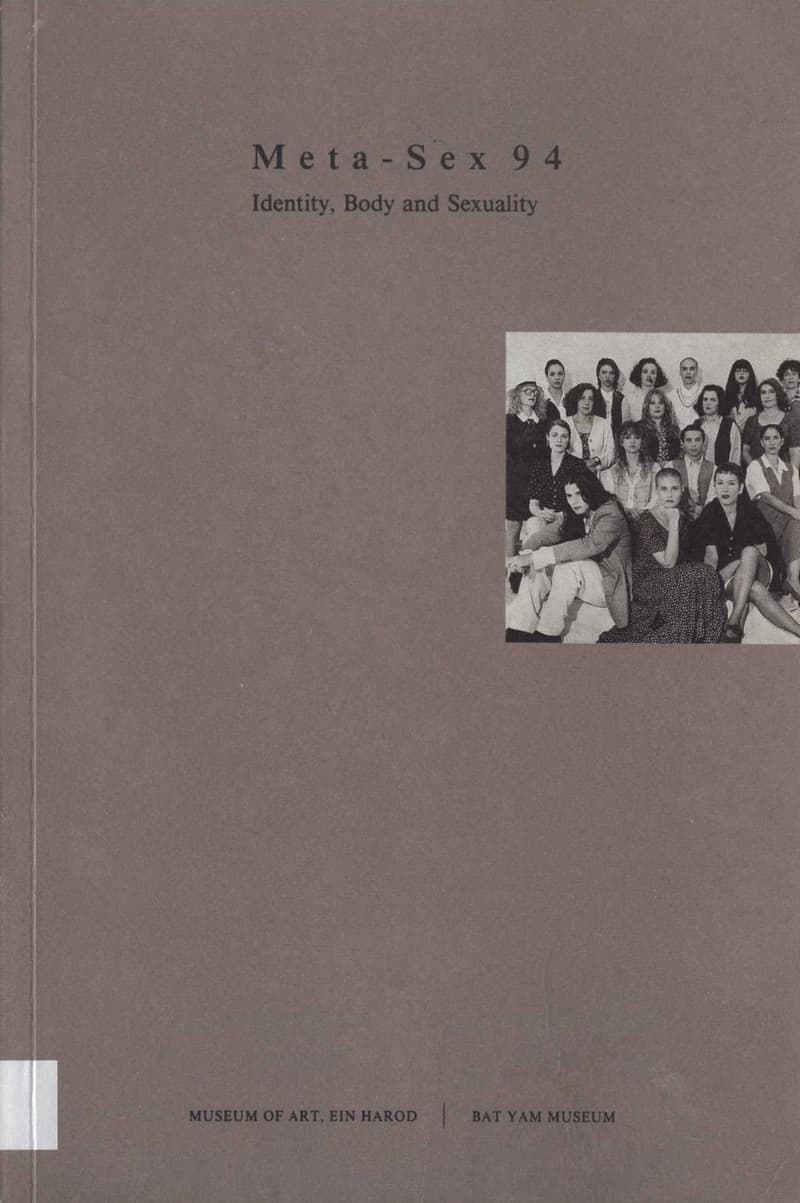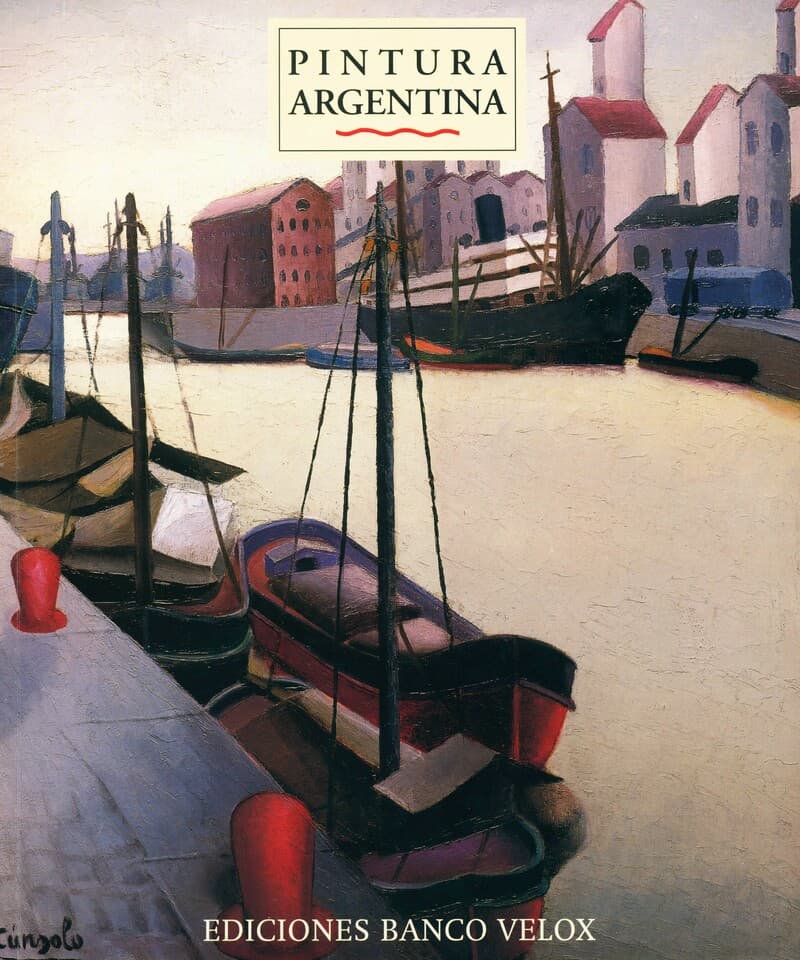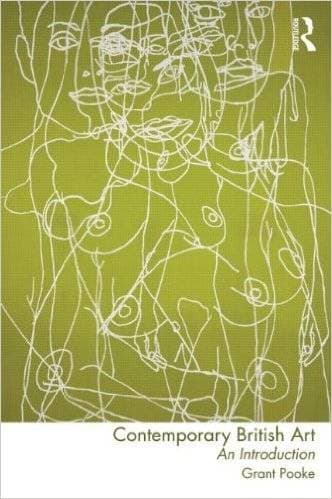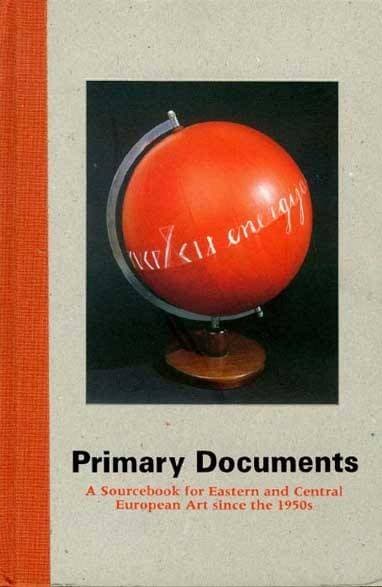The Absolute Bourgeois: Artists and Politics in France, 1848–1851
T. J. Clark's subject is painting and printmaking in the years following the 1848 Revolution in France, “a time”, he argues, “when art and politics could not escape each other.” The book tells the story of a handful of artists trying to take advantage of that unfamiliar and short‑lived situation. Daumier and Millet are central, particularly in their dealings with the new State's art patronage machine; Delacroix figures as painter and diarist, in agonized withdrawal from the possibility of change, haunted by his own Liberty Guiding the People; and Baudelaire is depicted, after a moment of tortured political involvement in the first months of the Republic, as the great poet of postrevolutionary despair.
Details
Delacroix Eugène, Séguin Gérard, Boulanger Louis, Daumier Honoré, Millet Jean‑Francois, Rude François, Leleux Adolphe, Holbein Hans the Younger, Cavelier Pierre‑Jules, Dehodencq Alfred, Daubigny Charles Francois, Bonheur Rosa, Préault Auguste, Rousseau Théodore, Couture Thomas, Chenavard Paul, Muller Charles‑Louis, Landelle Charles, Cambon Armand, Bonvin François, Étex Antoine, Gérôme Jean‑Léon, Manet Édouard, Meissonier Ernest
New Jersey
1982
224 pages
978069103981X
Available on request
Yes
Yes
709.4 Фра
1
- Guerra y pá. Simposio sobre la situación social, política y artística en Colombia/ Symposium on the Social, Political and Artistic Situation of Colombia2006
- Homelands: Art from Bangladesh, India and Pakistan2019
- Meta‑Sex 94: Identity, Body and Sexuality1994
- Pintura Argentina
- Spirit of India2017
- Contemporary British Art: An Introduction2011
- Primary Documents: A Sourcebook for Eastern and Central European Art Since the 1950s2002
- Contemporary Japanese Sculpture1991
- Na robu = On the Brink: Vizualna umetnost v Kraljevini Jugoslaviji (1929–1941)2019
- Mexican Muralism: A Critical History2012
- Indian Contemporaries/ Индийские современники2017
- Culture and Consensus: England, Art and Politics Since 19402015

